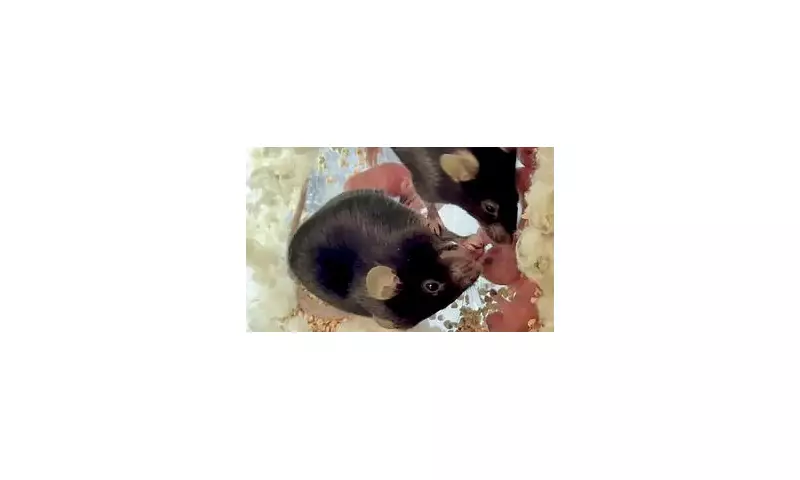
Mouse 'Midwives' Step In to Save Lives During Difficult Births
Just as many women rely on the support of a midwife or doula during childbirth, a remarkable new study reveals that mice exhibit strikingly similar behaviour. Researchers have discovered that female rodents will actively assist a pregnant friend who is experiencing difficulty during labour, dramatically increasing the chances of survival for both mother and pups.
The Groundbreaking Experiment
Scientists from NYU Langone Health conducted a study where they genetically engineered 17 pregnant mice to lack oxytocin, a hormone crucial for triggering the strong contractions needed to push babies through the birth canal. Without these contractions, the pups were likely to become stuck, leading to the death of both the offspring and the mother in most cases.
The researchers placed the pregnant mice into individual cages. Some were alone, while others had an experienced female 'companion' who had previously given birth. The difference in outcomes was staggering.
Analysis showed that when a pup became stuck, the experienced mouse mother would step in to assist. Using her mouth and paws, she would gently extract the newborn before cleaning it up. This midwife-like behaviour boosted survival chances from nearly zero for both mother and pup in the solitary group to an impressive 90 per cent in the assisted group.
Experience is Everything for a Successful Rodent Midwife
To delve deeper, the team investigated whether the assistant's experience mattered. They repeated the experiment, this time pairing the pregnant females with either male mice or female mice who had never given birth.
The results were telling. While about 50-60 per cent of the mouse mothers survived with these inexperienced assistants, none of the pups lived. The male and virgin female mice applied abdominal pressure to help, but crucially, none knew to break open the fluid-filled sacs encasing the newborns, a vital step to allow them to breathe.
'It seems the experience of being a mother is required to be a successful [mouse] midwife,' stated Professor Robert Froemke, who presented the findings at the annual meeting of the Society for Neuroscience in San Diego, California.
Professor Froemke elaborated on the behaviour, noting, 'She will come over and act like a little mouse midwife and very carefully, with her mouth and her paws, pull the pup out.' He added that this underscores a primary reason for social behaviour in mammals: 'to help each other out, especially in these really vulnerable periods.'
Broader Implications for Animal Caregiving
This occurrence is believed to be the first documented sighting of such active birth assistance in animals that are not primates. The findings, along with previous observations of mice performing first aid on unconscious companions, indicate that caregiving may be far more common in the species than scientists previously believed.
The conference abstract concluded that the research 'underscore[s] the critical role of experienced maternal support in childbirth', highlighting the significant benefits of midwife-like behaviours for survival during difficult or extended labour. This remarkable insight into rodent society reveals that the instinct to care for others in their most vulnerable moments is a powerful, shared trait across the mammalian world.






